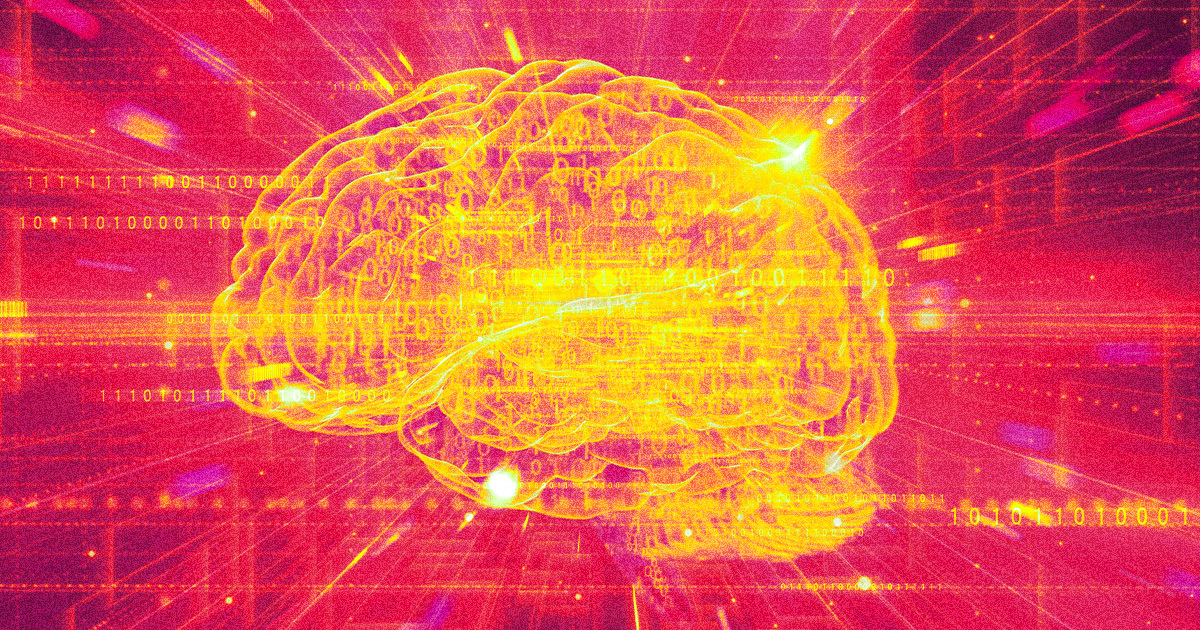• Concerns rise as Neuralink fails to provide evidence of brain implant success, raising safety and transparency questions.
• Controversy surrounds Neuralink’s lack of data on surgical capabilities and alarming treatment of monkeys with brain implants.
• While Neuralink touts achievements, experts question true innovation and highlight developments in other brain implant projects.



So I hear what you’re saying—what we really want to measure is deaths avoided versus those caused. But it’s a difficult thing to measure how many people the technology saved. So while I’m cognizant of this issue, I’m not sure how to get around that. That said, the article mentions that Tesla drivers are experiencing much higher rates of collisions than other manufacturers. There could be multiple factors at play here, but I suspect the autopilot (and especially Tesla’s misleading claims around it) is among them.
Also, while there may be an unmeasured benefit in reducing collisions, there may also be an unmeasured cost in inducing more driving. This has not been widely discussed in this debate but I think it is a big problem with self-driving technology that only gets worse as the technology improves.
Yeah, I’m hoping though it progresses to the point that we can reasonably reduce vehicle related incidents.
Between drunk driving, texting, and generally not paying attention, I’d love more people using automated driving if it became statistically safer.
Some people are scared to fly even thought it’s statistically safer. They don’t want to be the rare happening. Unless Boeing, then check your doors…
Edit, I also agree you can’t easily track or correlate things that didn’t happen with all the factors here.